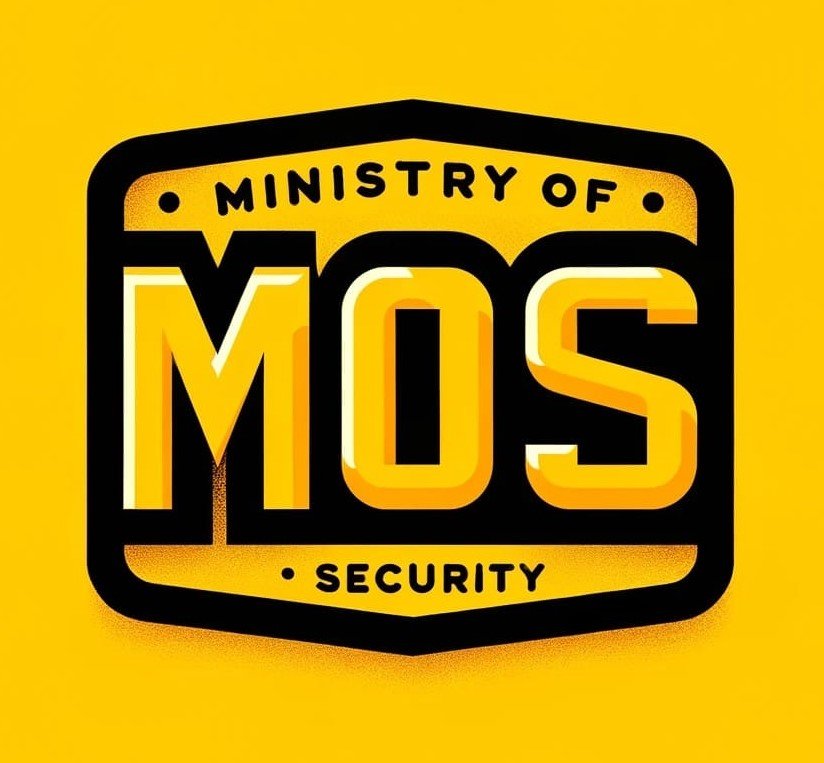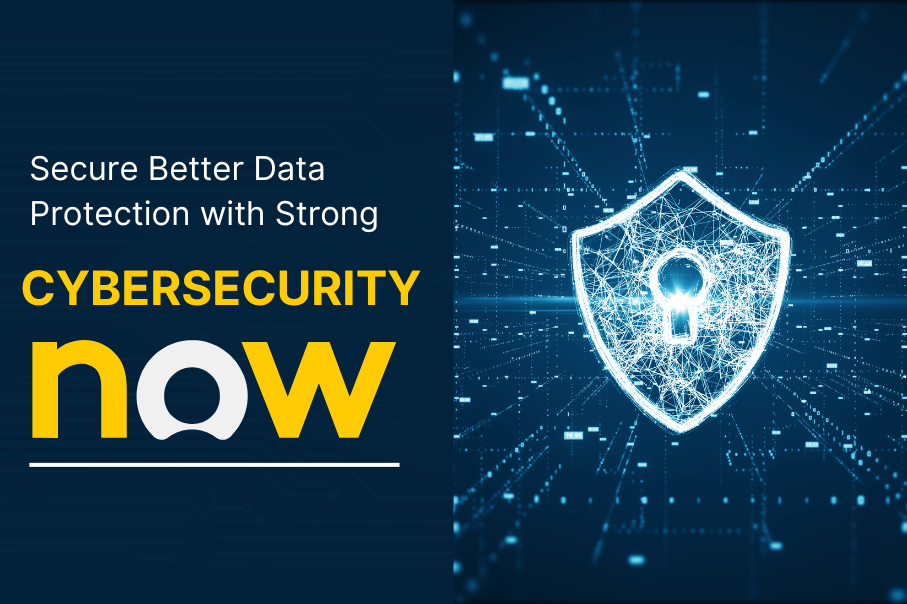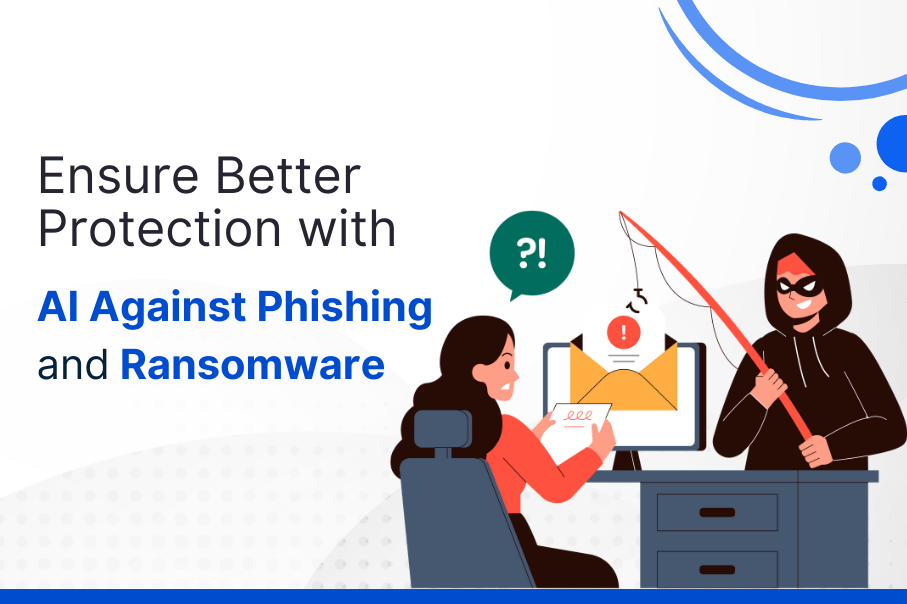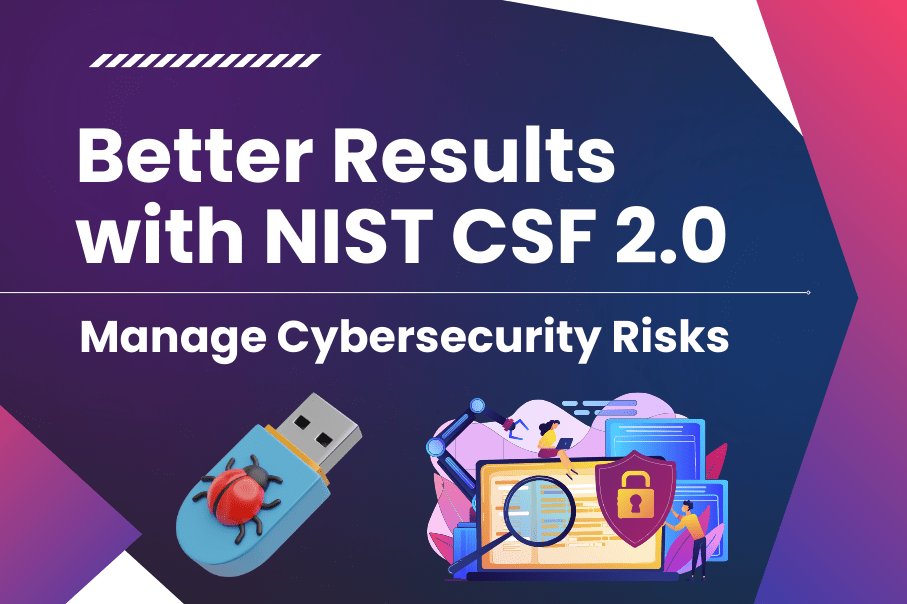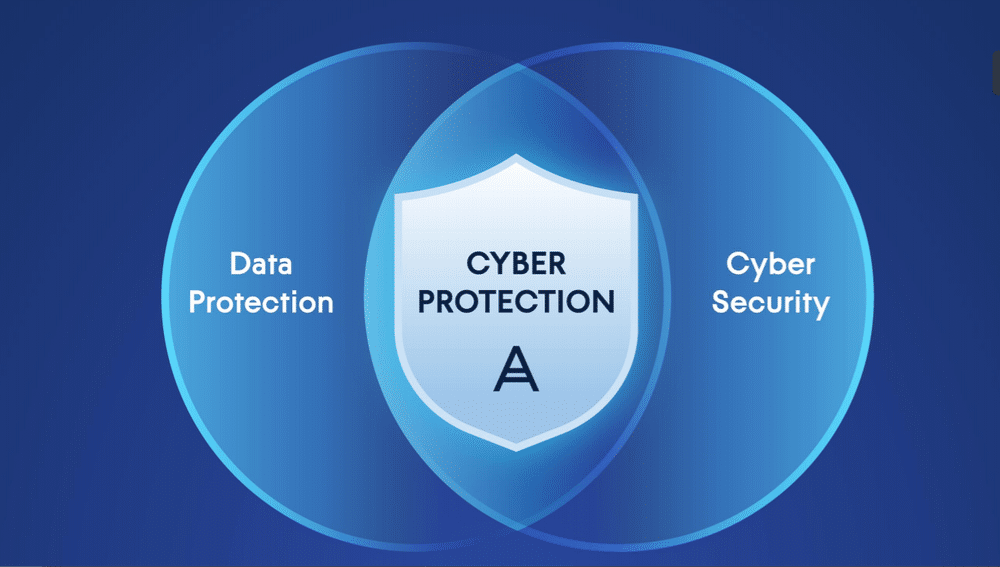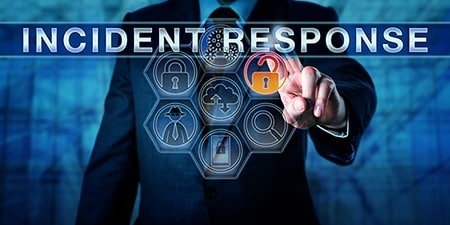Imagine this: You’re sipping your morning coffee, scrolling through your emails when you spot a message from a website you visited years ago. They’ve just informed you about an update to their privacy policy. Thanks to the General Data Protection Regulation (GDPR), this isn’t a rare occurrence anymore. But what does GDPR mean for our daily lives, especially regarding cybersecurity? Let’s dive into this transformative piece of legislation and explore its real-world impact. Get a governance risk and compliance certification to grow your skill.
What is GDPR?
First things first, GDPR stands for General Data Protection Regulation. It’s a comprehensive data privacy law enacted by the European Union (EU) that came into force on May 25, 2018. Its primary aim? To give individuals greater control over their personal data and to ensure organisations handle this data responsibly.
How GDPR Has Shaped Cybersecurity
1. Enhanced Data Protection Measures
Before GDPR, many companies were somewhat lax about data protection. Post-GDPR, organizations have had to step up their game. They’re now required to implement robust cybersecurity measures to protect personal data. This means stronger firewalls, advanced encryption, regular security audits, and stringent access controls. For the average person, this translates to better protection of your sensitive information.
Think of it like upgrading from a simple padlock to a high-tech security system for your house. With enhanced measures in place, the chances of cyber intruders accessing your personal information are significantly reduced.

Security dashboard showing enhanced data protection measures including firewalls and encryption indicators.
2. Increased Accountability and Transparency
Under GDPR, companies must be transparent about how they collect, use, and store personal data. This has led to the creation of detailed privacy policies and frequent updates to ensure compliance. You’ve probably noticed more pop-ups about cookie policies and data usage agreements. While these might seem annoying, they’re actually a step towards greater transparency.
For instance, recall the last time you signed up for a new app? You were likely presented with a clear breakdown of what data the app would collect and how it would be used. This transparency empowers users to make informed decisions about their data.

Individual reading a transparent privacy policy on a smartphone, highlighting data collection and usage.
3. Breach Notification Protocols
One of the standout features of GDPR is the requirement for companies to notify authorities and affected individuals within 72 hours of a data breach. This swift response is crucial in mitigating the damage caused by cyberattacks.
Imagine your credit card details were compromised in a breach. Under GDPR, the company must inform you promptly, allowing you to take immediate action, such as cancelling your card and monitoring your accounts for suspicious activity. This reduces the risk of financial loss and identity theft.

Email inbox showing a highlighted data breach notification email, emphasizing prompt communication.
4. Stricter Penalties for Non-Compliance
GDPR isn’t just about guidelines; it has teeth. Organizations that fail to comply face hefty fines—up to 4% of their annual global turnover or €20 million, whichever is higher. This has created a strong incentive for businesses to prioritize cybersecurity and data protection.
For example, when British Airways faced a significant data breach in 2018, they were hit with a fine of £183 million under GDPR. This level of accountability ensures companies don’t take cybersecurity lightly.

Gavel and documents labeled “GDPR Compliance,” representing the legal penalties for failing to comply with GDPR.
5. Empowered Individuals
GDPR has given individuals more rights over their personal data. You can now request access to your data, ask for corrections, and even demand deletion. This empowerment is a significant shift in the data landscape, putting control back in the hands of the people.
Remember the last time you unsubscribed from a service and requested your data to be erased? Thanks to GDPR, companies are obligated to honour such requests, ensuring your data isn’t lingering around unnecessarily.

Individual using a smartphone app to manage personal data access, corrections, and deletions.
The Everyday Impact

Individual using a smartphone app to manage personal data access, corrections, and deletions.
So, what does all this mean for you in your daily life?
- Safer Online Transactions: Enhanced cybersecurity measures mean your online shopping and banking activities are more secure.
- More Control: You have greater control over your personal data and how it’s used.
- Quick Response to Breaches: You’re informed quickly if your data is compromised, allowing you to act swiftly.
- Informed Decisions: Transparency in data policies helps you make better decisions about the services you use.
Collage of daily digital activities including online shopping, banking, and social media, with security symbols like locks and shields.
In essence, GDPR has ushered in a new era of cybersecurity, one that prioritizes user safety and transparency. It’s like having a vigilant guardian ensuring that your personal data is protected in the vast digital world. So, the next time you see a privacy policy update or receive a data breach notification, remember—it’s all part of a broader effort to keep your information secure.
As we navigate our increasingly digital lives, GDPR stands as a beacon of hope, striving to create a safer, more secure online environment for everyone. And that’s something we can all appreciate as we sip our morning coffee and scroll through our emails.
Learn a security testing course and improve your chance on landing a high paying job.
